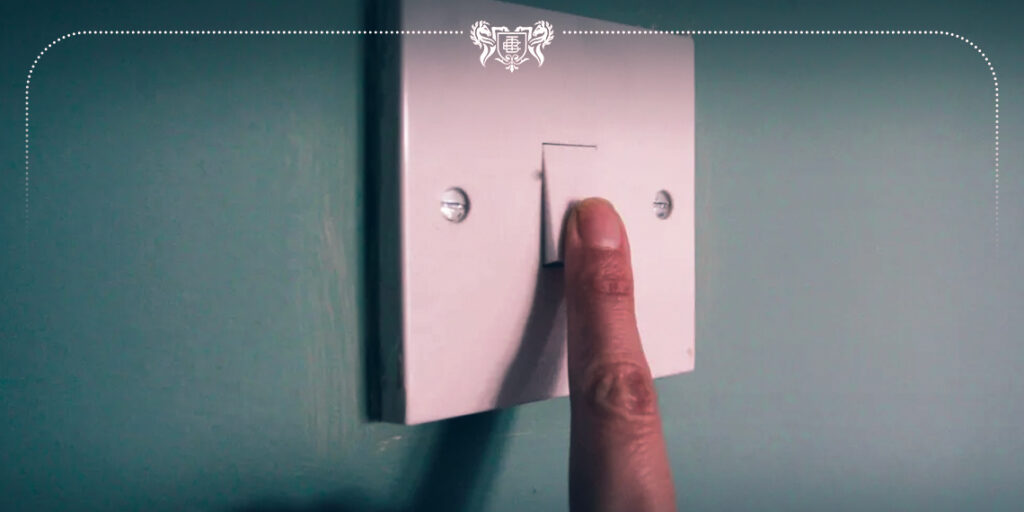Power NI, Northern Ireland’s largest electricity supplier, has officially announced a 4% increase in household electricity prices, effective next month.
This price hike will add about £38 to the average household annual bill, raising it from £951 to £989 starting in December.
This marks the first increase in over a year for Power NI, which serves approximately 500,000 households as the only regulated electricity supplier in Northern Ireland.
This announcement comes on the heels of four consecutive price decreases, including a significant 6.3% reduction implemented in April earlier this year.
William Steele, Director of Customer Solutions at Power NI, stated that the decision to raise prices is largely due to high wholesale costs and rising operational expenses associated with the electricity market and network.
“In these challenging times, we have held off changing prices for as long as possible and we have been able to keep our tariffs below the equivalent GB and RoI average,” he added.
The price increase is not entirely unexpected, as electricity costs have risen across the UK in recent months.
Leigh Greer, the head of security of supply and markets regulation at the Utility Regulator, noted that the primary drivers behind the price adjustment are escalating costs related to market operations and the electricity network.
“As we continue to strive to meet government climate change targets, and to ensure security of supply, there has been a need to invest in grid infrastructure to facilitate renewable energy sources.
Currently, the average price of regulated electricity for households in Northern Ireland is about £80 cheaper per year than in Great Britain and approximately £180 less than in the Republic of Ireland.
In addition to the price increase, the Utility Regulator has approved plans by NIE Networks to upgrade Northern Ireland’s electricity grid.
This upgrade is crucial for facilitating the transition to renewable energy sources. NIE Networks, which manages the infrastructure that delivers electricity to homes and businesses, requires substantial investment to effectively address the impacts of decarbonisation.
The total investment approved for the grid upgrade over the next six years is £2.23 billion, representing a 13% reduction from NIE Networks’ initial request of £2.55 billion.
Grid costs account for about 25% of electricity bills for consumers and businesses. The upgrade will lead to an 8%-15% increase in grid costs for large energy users, which could subsequently raise their overall bills by approximately 4%. However, the impact on smaller businesses and household bills will be minimal.
Elaine Cassidy, the Director of Price Controls at the Utility Regulator, emphasised that this investment package aims to support the transition away from fossil fuels to renewable energy while ensuring a robust and resilient electricity network.
“Our central aim was to strike the right balance between making sure that consumers benefit and are protected, while providing the necessary investment,” Cassidy stated.
Despite these reassurances, the decision has faced criticism from Manufacturing NI chief executive Stephen Kelly, who argues that the costs of decarbonisation are disproportionately impacting job creators.
“It is not only our manufacturers and those that rely on them who will be hurt. Our food retailers and indeed our hospitals and water provider are amongst our largest energy users so all consumers will see the pass-through of these costs,” Kelly remarked.
He called for enhanced protections for consumers against what he termed “eye-watering profiteering” in the wholesale electricity market.


